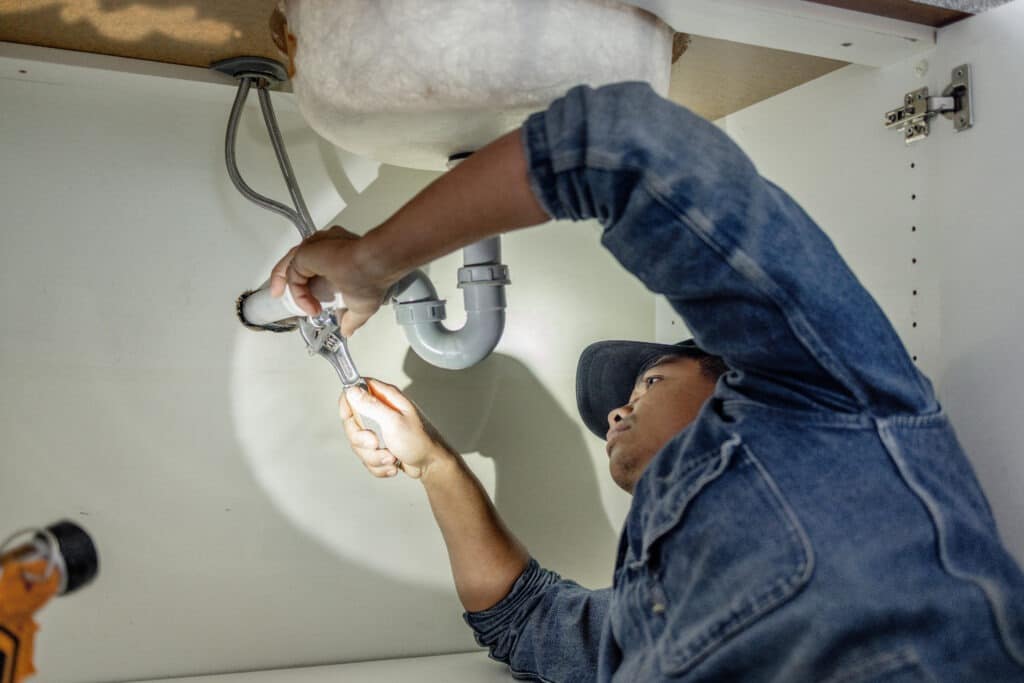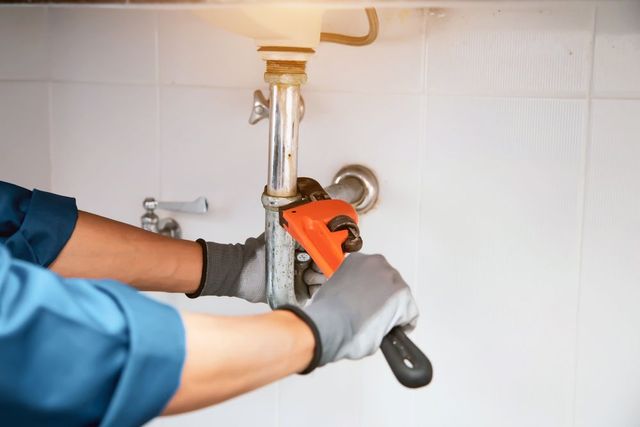What are your concepts on Plumbing Tips for New Homeowners?

For brand-new homeowners, understanding and keeping bathroom plumbing can save both time and money by avoiding expensive issues down the line. Here are some important restroom plumbing tips to help you maintain whatever running smoothly.
Get Ready For Winter
Secure your pipelines from freezing during cold weather by insulating pipes in unheated locations like basements, attics, and garages. Throughout extreme cold, allow cold water drip from taps served by exposed pipes to aid protect against cold.
Arrange Normal Upkeep
Take into consideration scheduling yearly assessments with a licensed plumbing professional. They can identify concerns that you may miss, such as surprise leaks or deterioration on pipelines and fixtures. Routine upkeep aids extend the life of your plumbing system and can protect against emergencies.
Familiarize Yourself with the Main Shut-Off Valve
Understanding where the primary water shut-off shutoff lies in your house is essential. This enables you to quickly turn off the supply of water in case of major leaks or during plumbing emergency situations, protecting against considerable water damage.
Regularly Inspect for Leaks
Tiny leaks can result in huge troubles. Consistently inspect under sinks, around commodes, and near plumbing components for any type of indicators of leaks. Seek moisture, tiny drips, or corrosion. Catching and fixing leakages early can avoid extra major damages and save water.
Preserve Your Hot Water Heater
Ensure your water heater is readied to a proper temperature level (generally about 120 degrees Fahrenheit) to stop scalding and minimize energy use. Flush the tank every year to remove sediment build-up, which can minimize the efficiency and life-span of your heating system.
Upgrade Your Fixtures
If your home has older fixtures, think about updating to extra efficient versions. Modern commodes, showerheads, and taps are made to make use of less water while giving great pressure, which can significantly lower your water expense and ecological impact.
Be Cautious with Do It Yourself Plumbing Services
While it's appealing to deal with all home repair services on your own, be cautious with pipes. Some issues may require expert experience, particularly if they include major water lines or sewer repair services. Hiring a professional can occasionally be much more affordable than DIY, especially if it stops further damage.
Don't Neglect Slow Drains Pipes
If your sink or bathtub is draining pipes gradually, it's commonly an indicator of an obstruction developing. Addressing this early can protect against a total clog. Utilize a bettor or a plumber's serpent to clear out particles. Prevent making use of chemical drainpipe cleaners as they can damage your pipes in time.
Know What Not to Flush
Toilets are not garbage disposals. Avoid purging anything other than bathroom tissue and human waste. Products like wipes, womanly health products, and cotton bud must be gotten rid of in the trash to prevent clogs and sewage system back-ups.
Set Up Strainers in Drains
Location strainers in your sink and bathtub drains pipes to capture hair and various other debris before they enter your pipes system. Cleansing the filters consistently will aid stop build-up and keep water flowing openly.
Conclusion
Comprehending and preserving your home's restroom plumbing can prevent many usual concerns. By complying with these essential pointers, you can ensure your shower room remains practical and effective, saving you time and money over time.
Essential Plumbing Tips for Homeowners: Keep Your Pipes Flowing Smoothly
As a homeowner, understanding the basics of your plumbing system can save you time, money, and a lot of headaches. Plumbing issues can range from minor annoyances like dripping faucets to major problems like burst pipes that cause significant damage. This guide provides essential tips to help you maintain your plumbing system and tackle common issues.
Understanding Your Plumbing System
Supply System: Brings fresh water into your home from a municipal source or a well. Drain-Waste-Vent System: Removes wastewater and vents sewer gases outside. Fixtures and Appliances: Includes sinks, toilets, showers, dishwashers, and washing machines. Basic Maintenance Tips
Regular Inspections: Periodically check for leaks, corrosion, and other signs of wear and tear. Look under sinks, around toilets, and near water heaters. Know Your Main Shut-Off Valve: In case of a major leak, you’ll need to shut off the water quickly. Ensure everyone in your household knows where the main shut-off valve is located. Prevent Frozen Pipes: In cold climates, insulate exposed pipes and let faucets drip during extreme cold to prevent freezing. Use Strainers: Install strainers in sinks and tubs to catch hair, food particles, and other debris that can cause clogs. Common Plumbing Issues and Solutions
Clogged Drains:
Prevention: Avoid pouring grease down the drain and use drain screens to catch debris. DIY Fix: Use a plunger or a plumbing snake to clear minor clogs. For stubborn clogs, a mixture of baking soda and vinegar can sometimes help. Leaky Faucets:
Prevention: Replace washers and seals regularly. DIY Fix: Turn off the water supply, disassemble the faucet, and replace worn parts.

Book Now